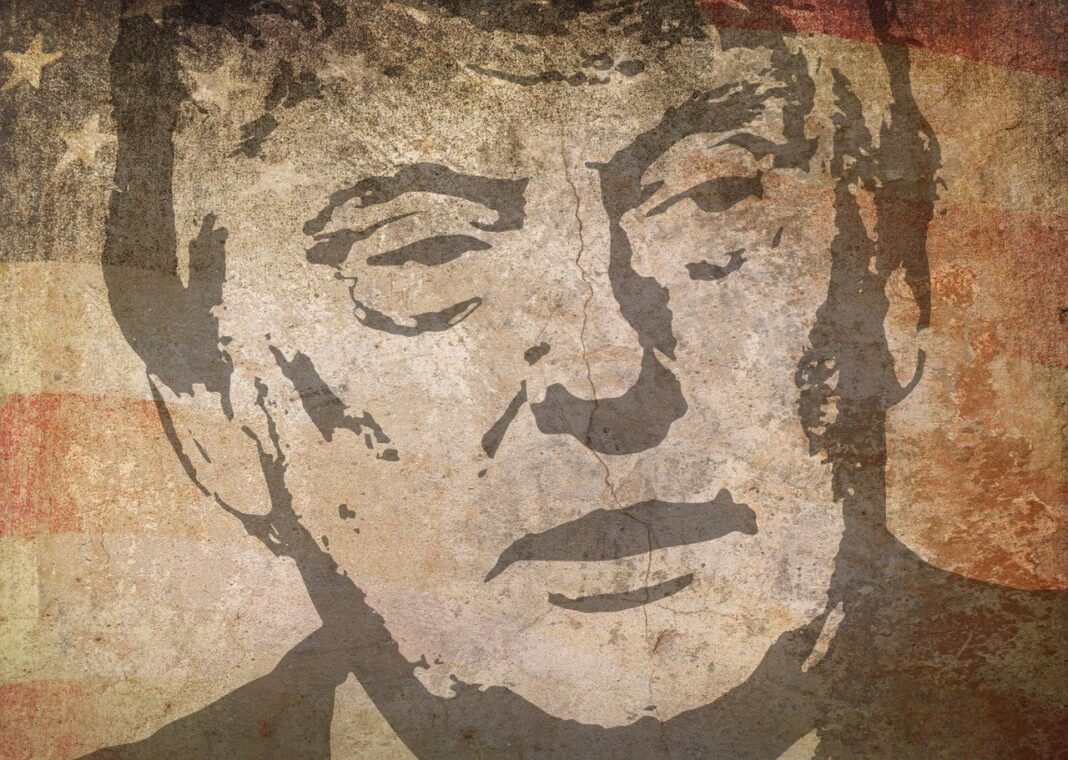UNITED STATES. Since President Nixon’s taxes were leaked after he refused to make them public in 1973, it has become standard practice for presidential candidates to release their tax information. Every candidate since Nixon has released them—that is until 2016 when Republican candidate Donald Trump claimed, wrongly, that it wasn’t possible to release taxes while under audit. This argument is baseless. There is no provision in the IRS codes that prohibits making one’s tax statement public while under audit.
Write-offs and loopholes
The New York Times was able to get a hold of (now) President Trump’s tax returns for the 2015 and 2016 fiscal years, and the 15 years previous. Those returns were made public and revealed why the president was so reluctant to make those returns public: Trump used “loopholes to avoid paying any federal taxes at all in 10 of 15 years beginning in 2000 by writing off his own staggering losses. In 2016 and 2017 each, Trump paid just $750 in federal income taxes — far less than many Americans who are working hard amid a deep recession to stay afloat” (CNN).
To put this in context, if you are a single person living in the US and your income is $18,000/year, you would pay more than $750 taxes per year. Trump is a self-proclaimed billionaire, so voters getting ready to make a decision in November’s presidential election might be left to wonder how a billionaire managed to pay so little in taxes when most Americans are struggling to stay solvent in the midst of the worst financial crisis since the depression.
Through a combination of chicanery and legerdemain fit for a magician or apparently an American president, Trump has utilized every loophole to get out of paying his fair share, all while cutting healthcare subsidies, tax breaks for the average citizen, and social security, all critical safety nets for Americans, many who live paycheck to paycheck.
Read also: A Divided Nation Cracks After Witnessing The First Presidential Debate
Among his cleverer tricks, Trump has used his “losses” to downgrade his assets while also claiming (and convincing many Americans) that he is a successful businessman. Downgraded assets reduce his overall income and thus drive his taxable income down. He is also a master of the “write-off.” Write-offs are tax exempt assets or charitable contributions that are not subject to income, property or other assessments of wealth. Among Trump’s write-offs:
- a conservation easement on a property he owns and for which he claimed a $21.1 million charitable tax donation
- hundreds of thousands of dollars paying his daughter Ivanka as a consultant to the Trump Organization
- and $70,000 to maintain his hair (A family can buy a three bedroom house in upstate New York for $70,000).
While most Americans face worst economic crisis since the 1930s, Trump faces the electorate in November
As Americans are trying to survive a global pandemic that has killed more than 200,000 Americans to date and infected more than 7.2 million in the US alone, (the highest in the world) they are also managing an economic crisis that has left millions wondering where their next meal will come from or whether they will have heat as winter descends.
There is an American expression that not much is certain in life, but two things are: death and taxes. That is true, unless of course it seems, you are the president. With the first presidential debate scheduled for 29 September, another truism is certain: Trump’s evasion of taxes while many Americans are dragging the yoke of heavy financial burdens will most certainly be center stage.



